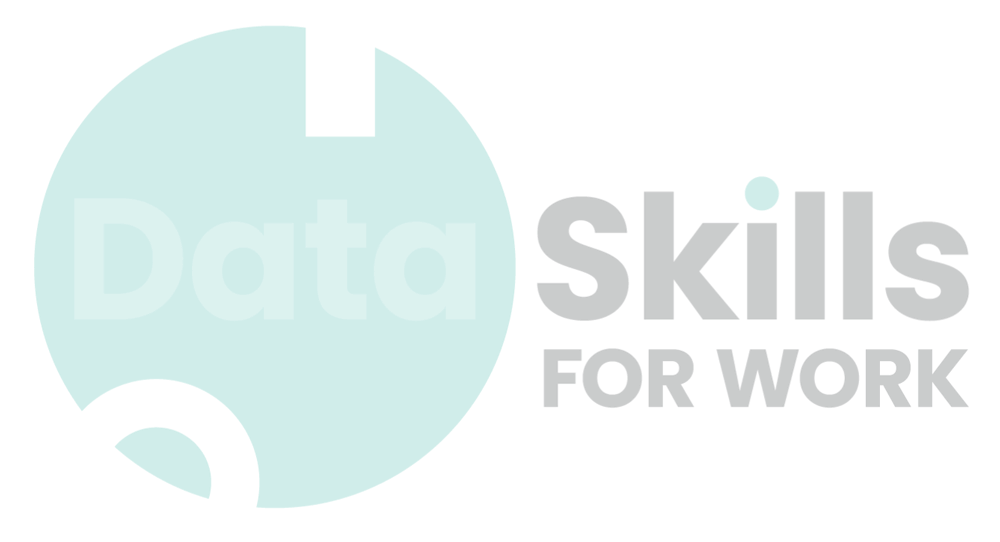Data governance is an important consideration for those involved in supervising/governing the actions of others in an organisation in relation to data. This includes ensuring data integrity (data standards) and usability throughout its lifecycle (data flow), compliance with legislation, and ensuring processes are in place and followed by others.
Read MoreData engineers develop and maintain data systems. There is a recognised shortage of people with skills in this area, which the employer research confirmed. Data engineers have the knowledge and skills to design, develop, test, evaluate and modify data engineering solutions, choosing appropriate data sources and analysis tools.
Read MoreThis is a new and emerging area that some employers are keen to move into. Learners will gain an understanding of different modelling techniques, how to apply them, and an ability to translate this into usable insights and communicate the results.
Read MoreHow do you build and manage an effective data science team within an organisation? It is clear that while there is a great deal of enthusiasm about advancing the role of data, not all organisations have a clear understanding of the skills they need and why.
Read MoreWhat data does the organisation have, what data is important, and how can you go about driving value from it? This is what a data strategy seeks to set out – looking at job roles, responsibility, infrastructure, organisational culture, policies, and regulatory compliance – setting out a plan for data-driven innovation.
Read MoreHow to think through organisational issues/problems, develop research questions, and explore data-driven solutions to them (service design) – and how to support others within the organisation to make the most of their data team.
Read MoreHow to engage audiences with data, written and verbal communication skills, making visualisations and data insight understandable to and usable by different audiences, including those at Data Citizen and Data Worker level within their own organisation.
Read More